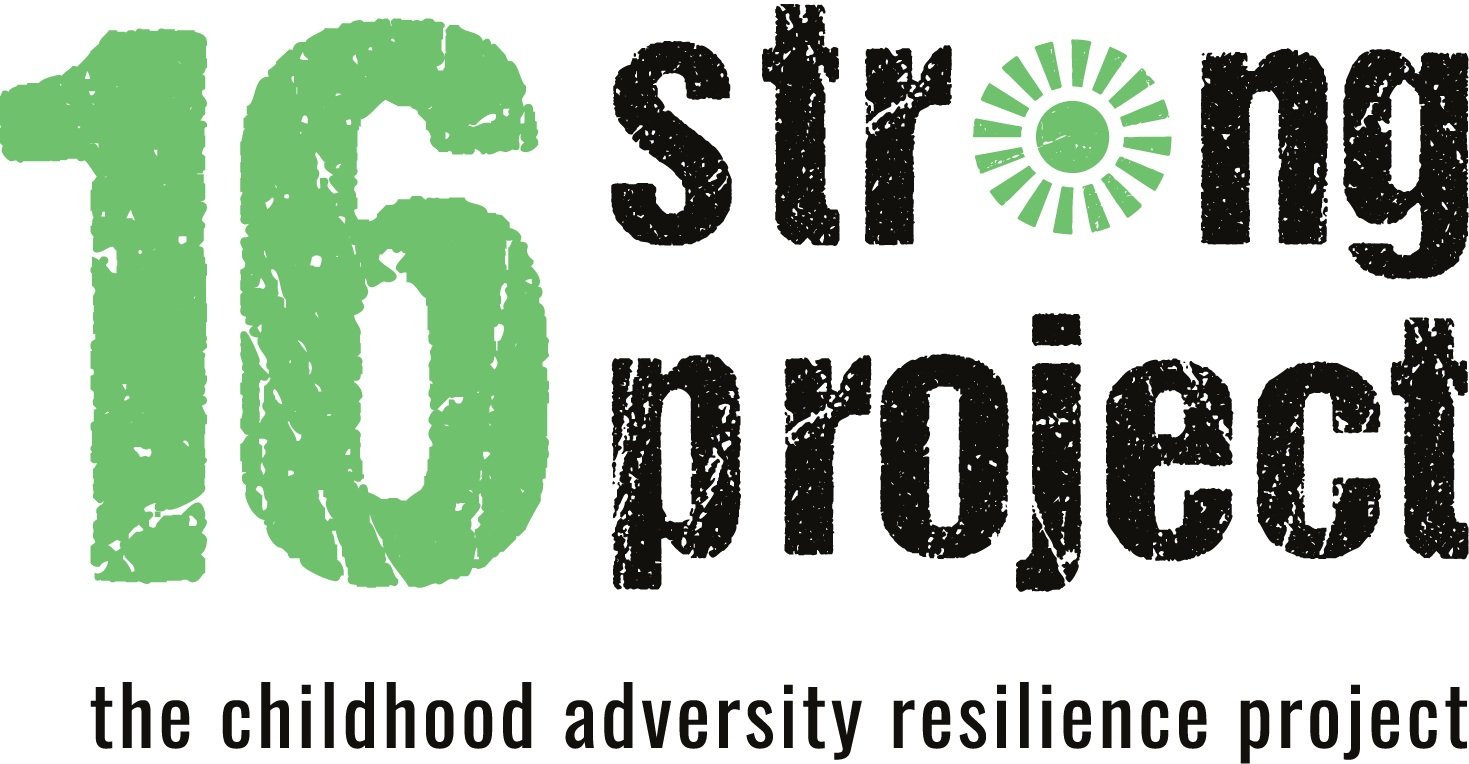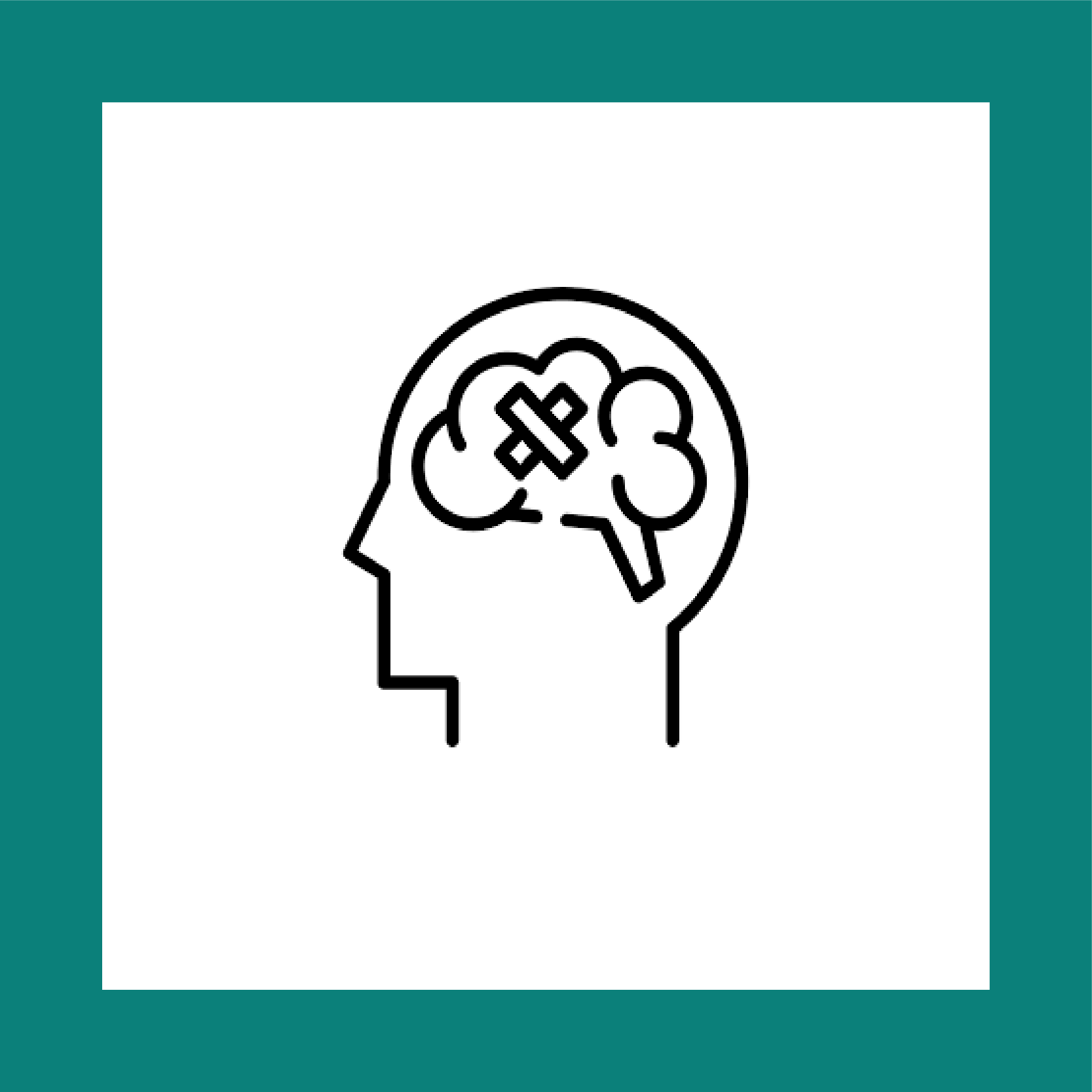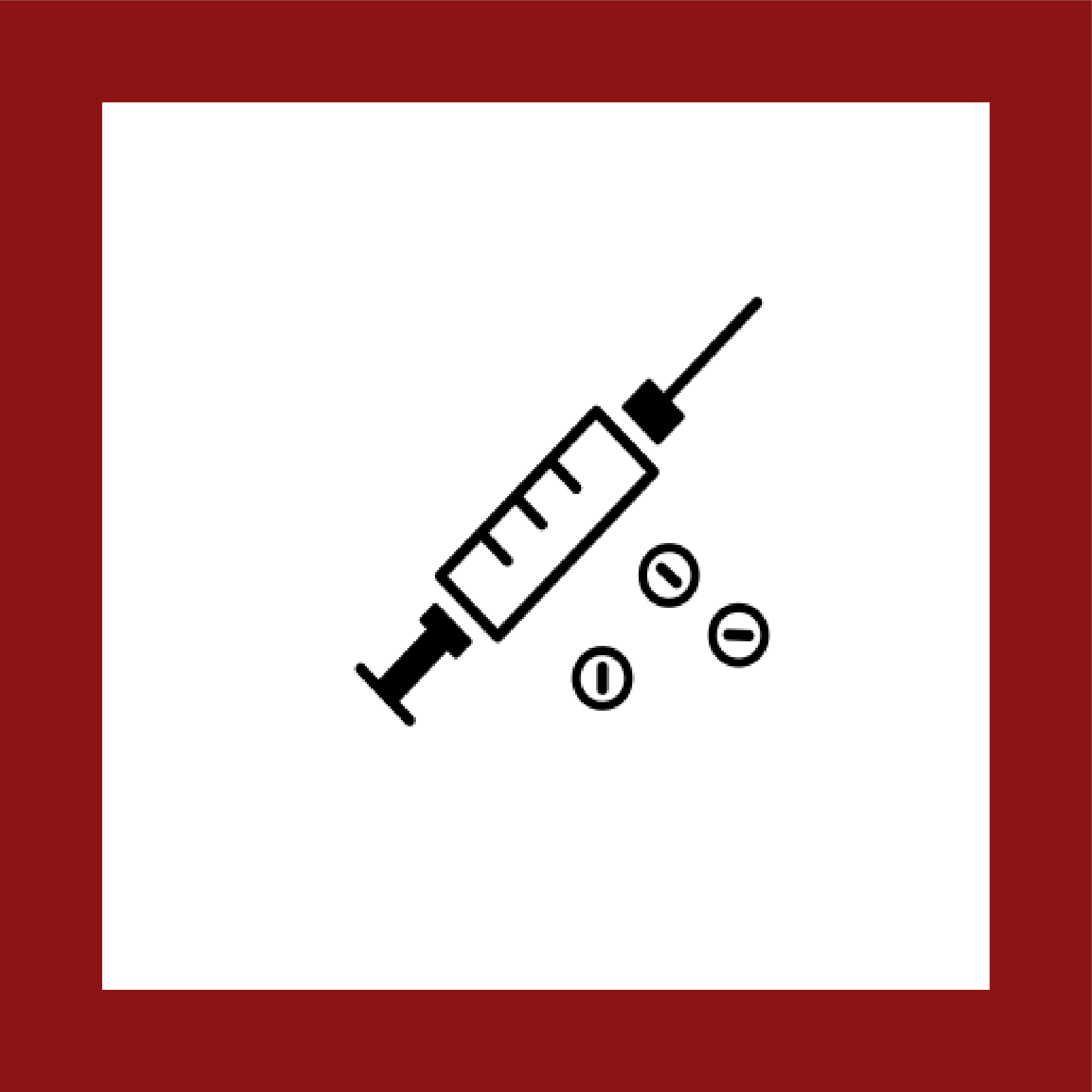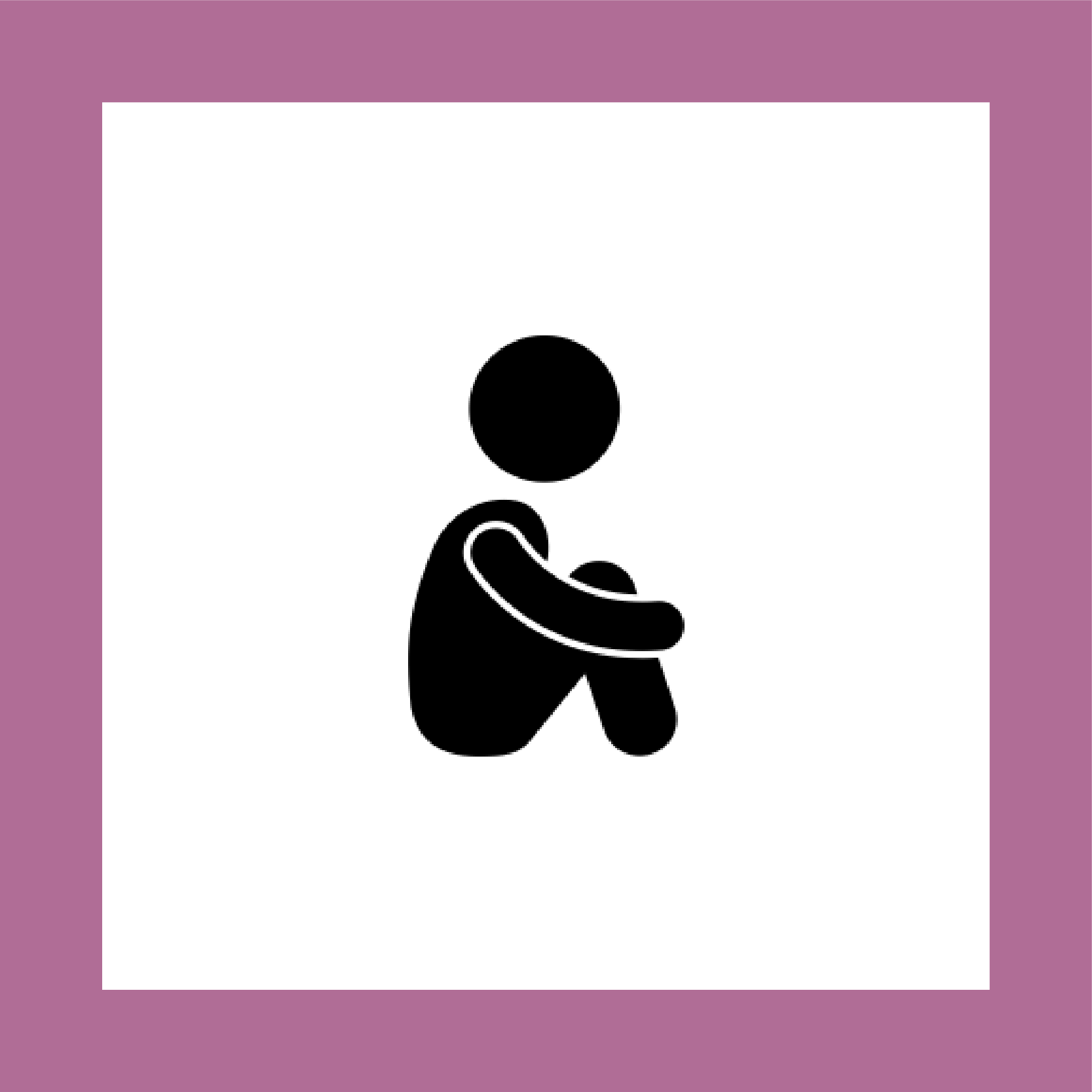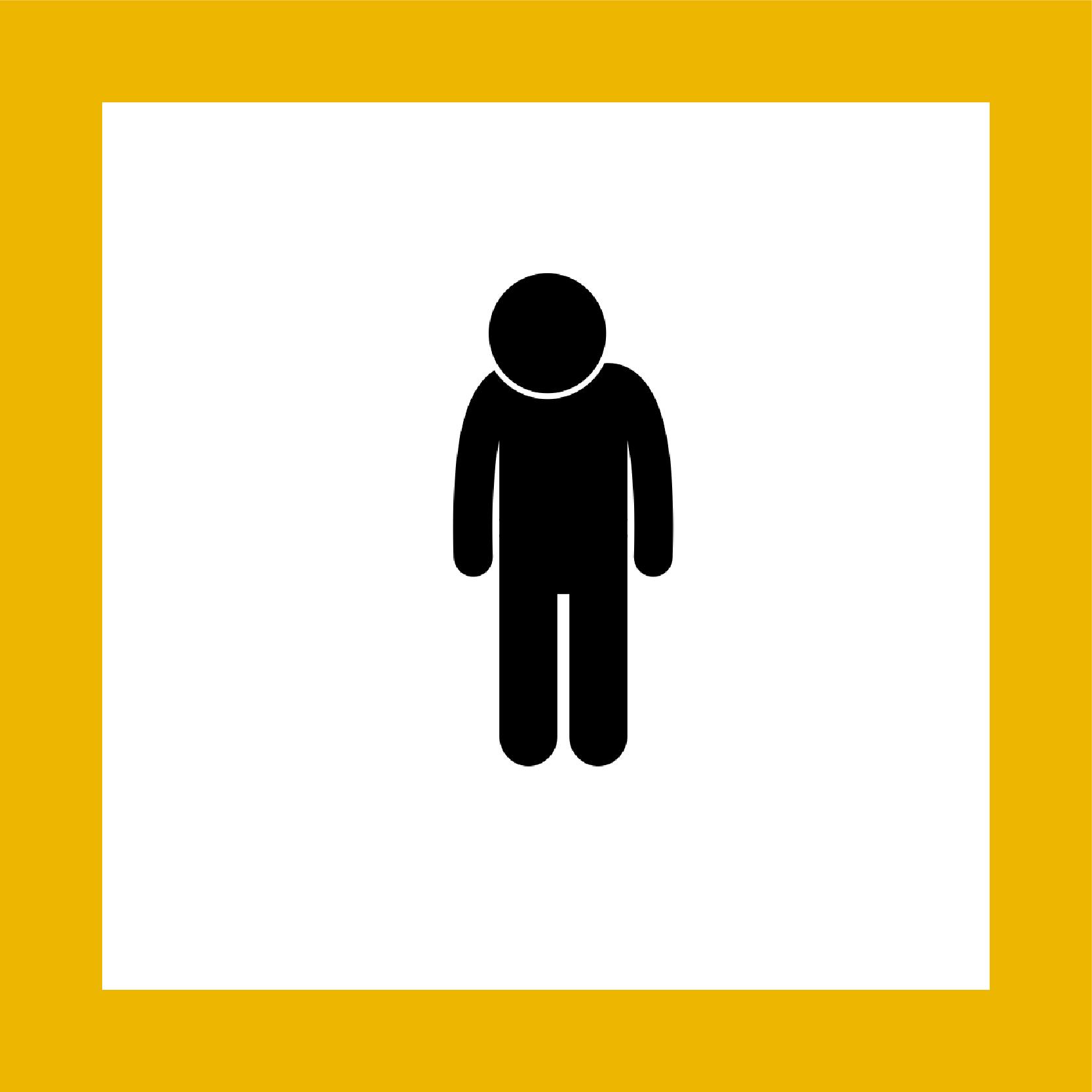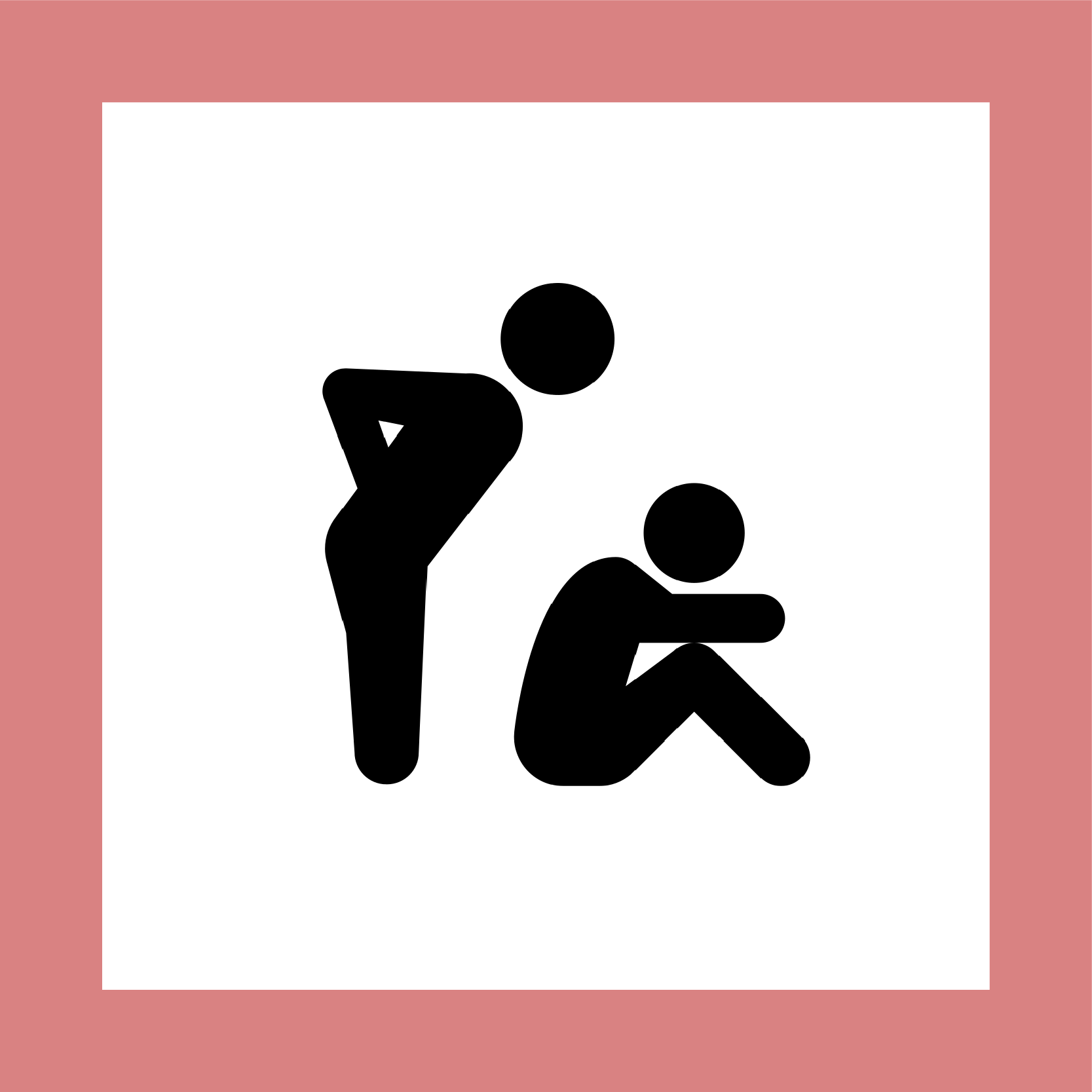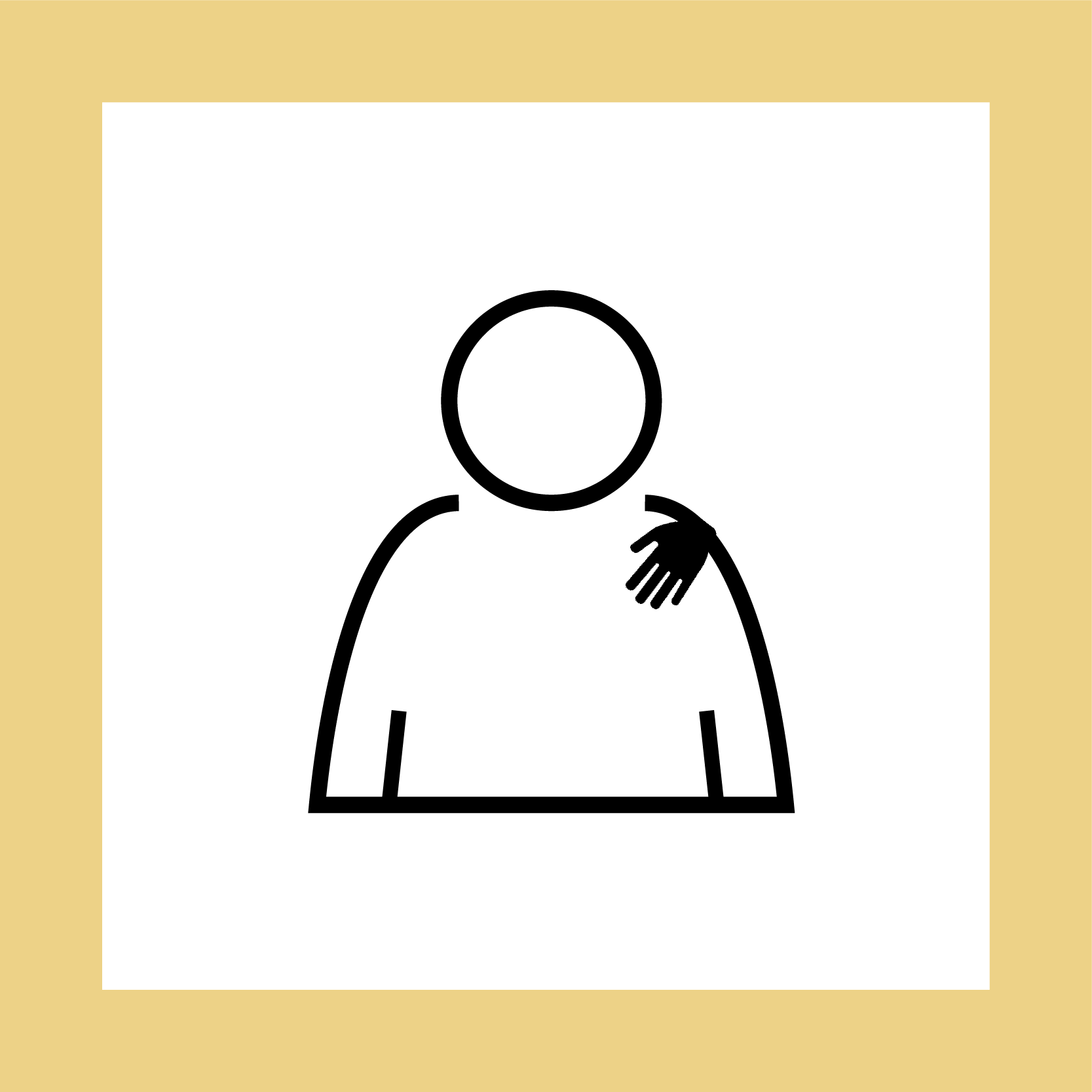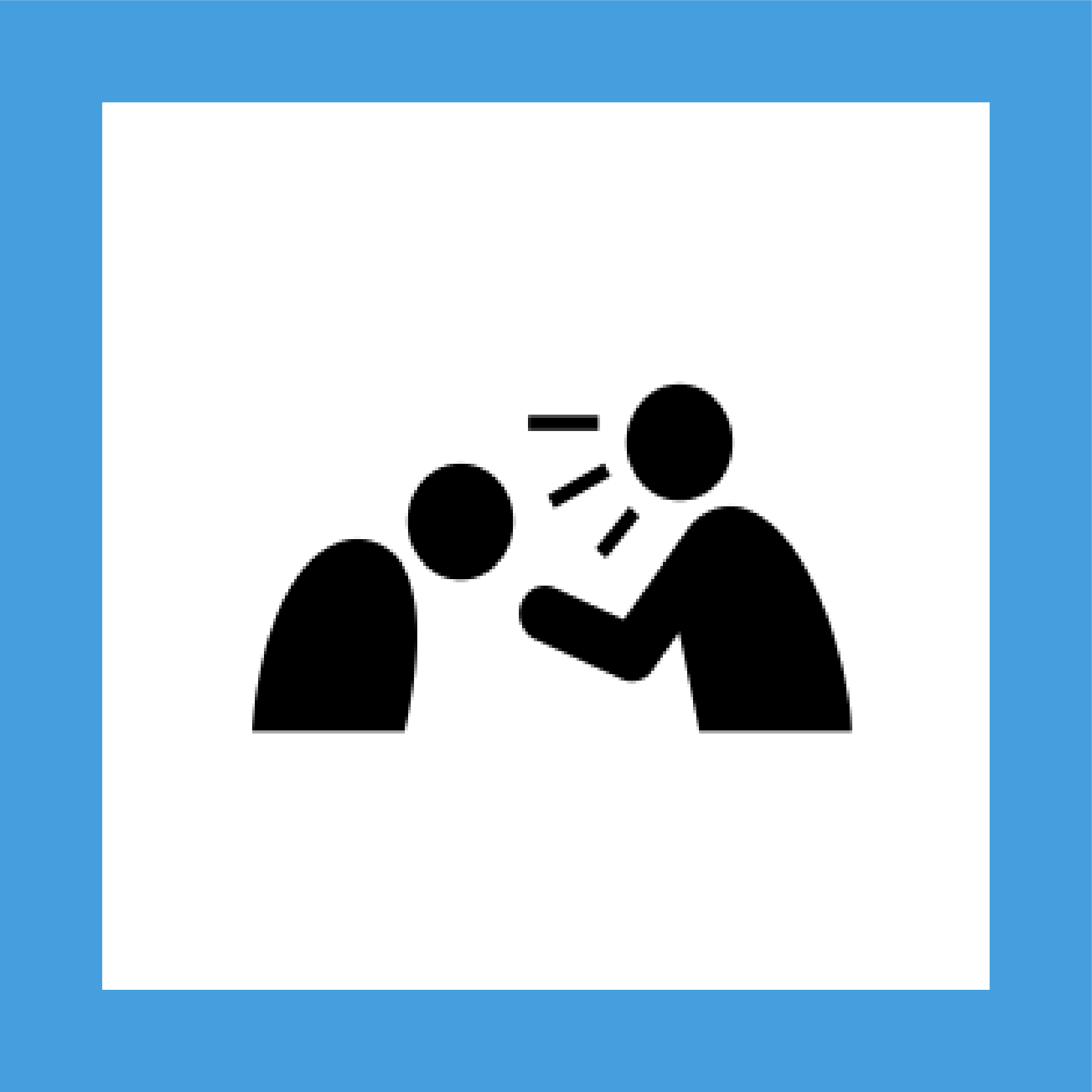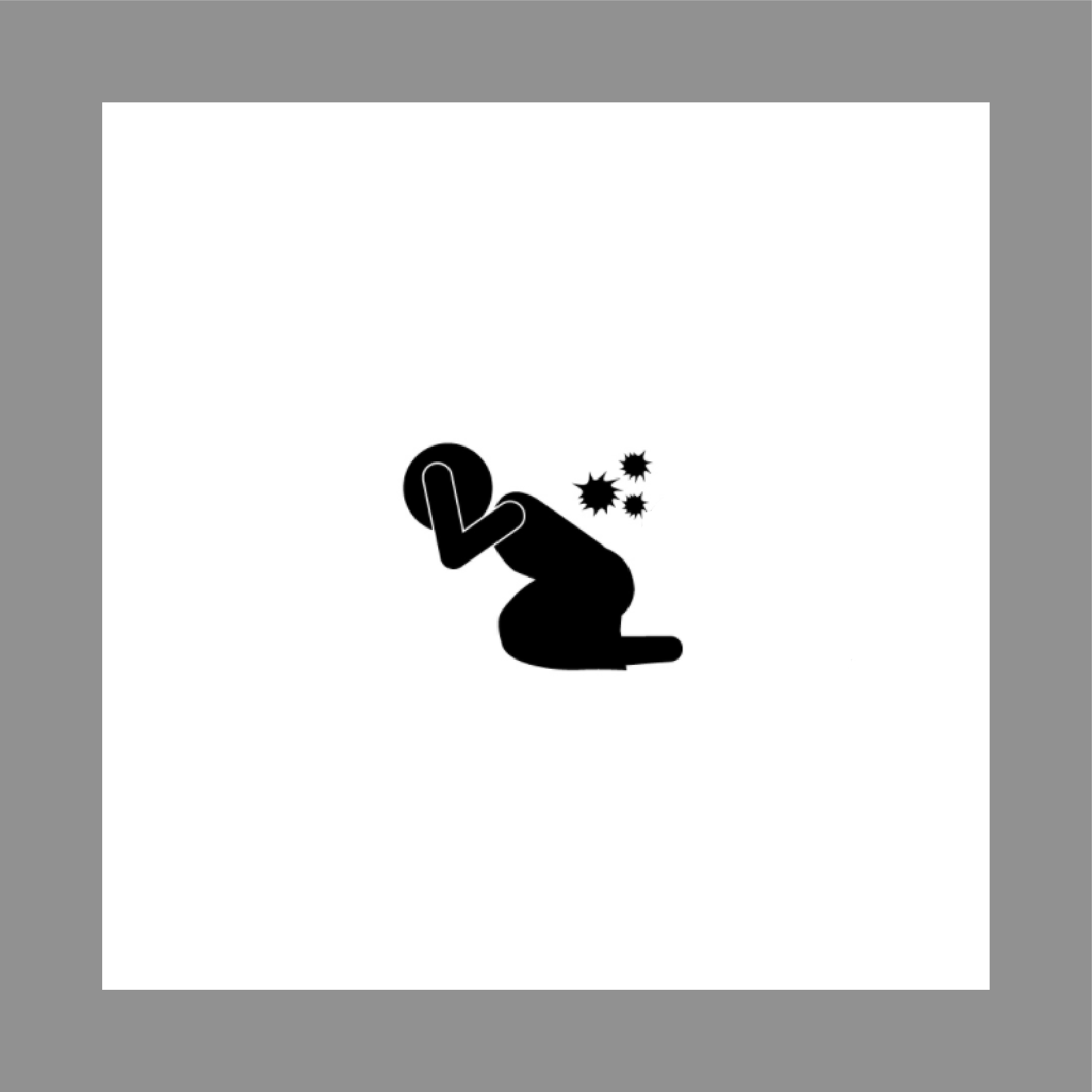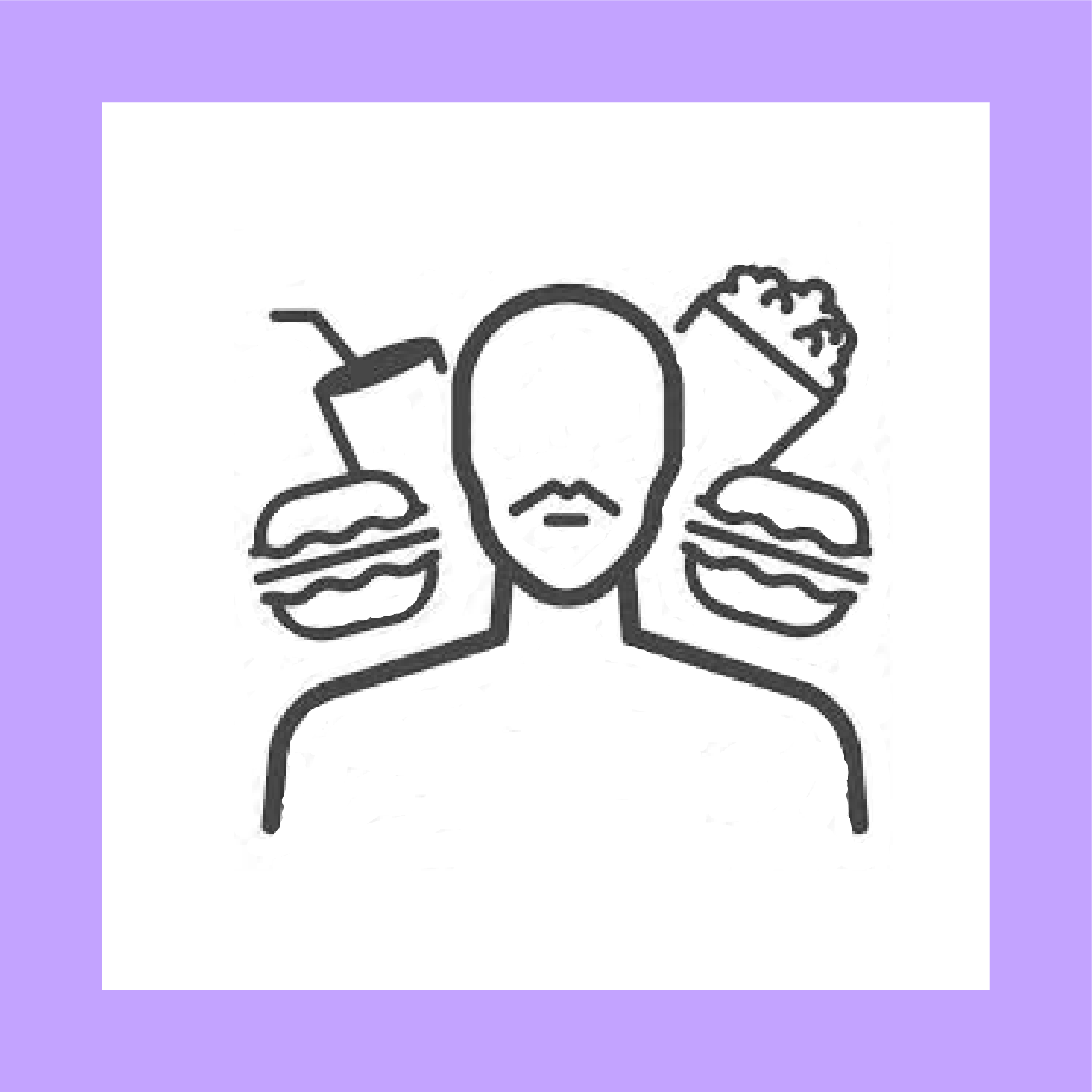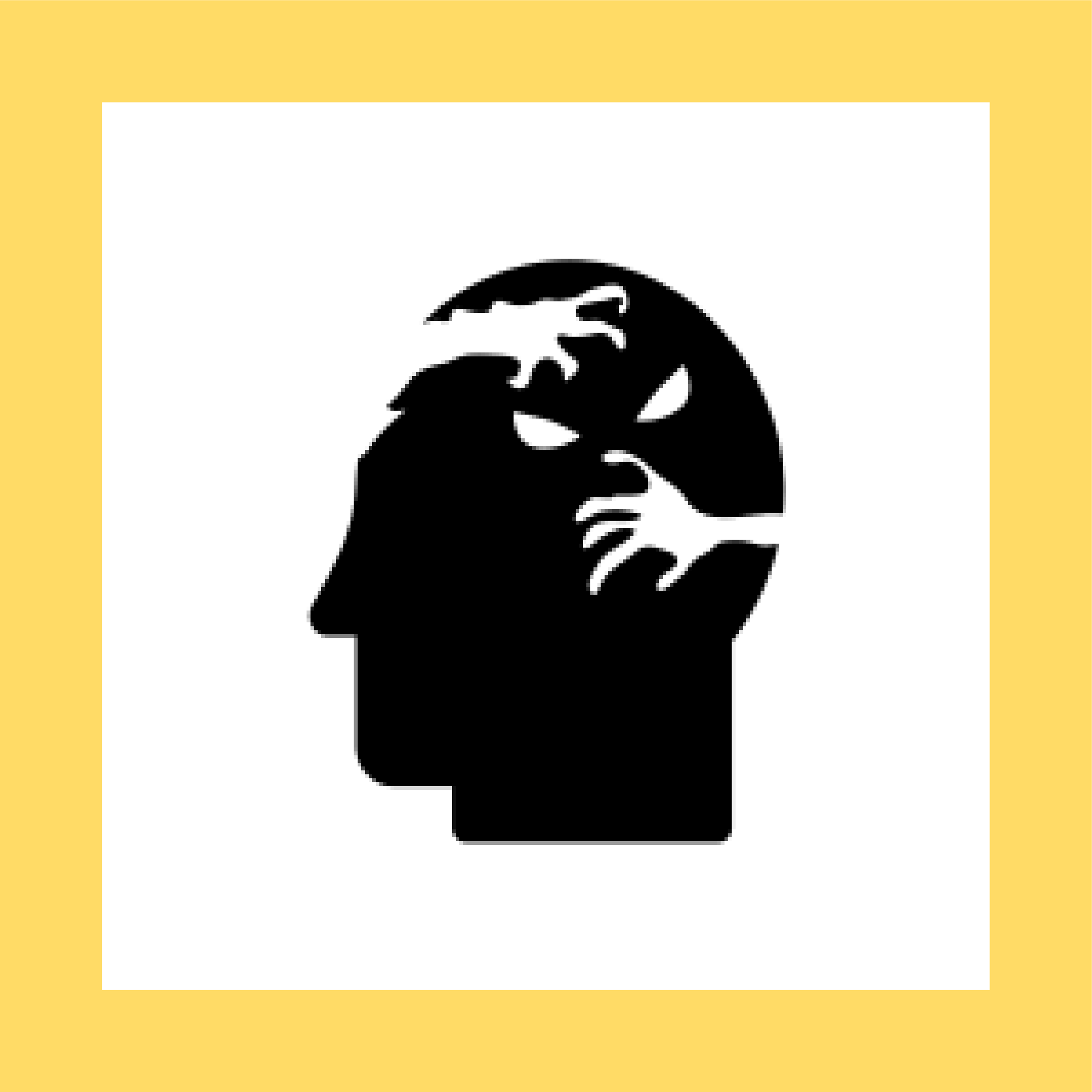Know The Signs
Understanding Adverse Childhood Experiences (ACEs)
Adverse childhood experiences, or ACEs, are traumatic events that occur before the age of 18. ACEs include emotional or physical neglect, living with a mentally ill or addicted parent, having an incarcerated family member, among many others (for a full list of ACEs, click here). 2 out of 3 children have experienced at least one ACE by the age of 18. Again, you are not alone. ACEs are often caused by environmental factors and they are not the fault of the child. Experiencing adversity in childhood is linked to mental illness, substance abuse and chronic health problems. Childhood trauma is also directly linked to toxic stress (extended or prolonged stress). Both toxic stress and ACEs can change brain development and affect things such as attention, decision-making and learning. Research shows, however, that the negative impacts of ACEs can be prevented through proper interventions, education and skills.
Understanding Mental Illness
A mental illness is a condition that affects a person’s thinking, feeling, behavior or mood. About 1 in 5 kids up to age 18 and 1 in 4 adults experience mental illness. You are not alone. There is no singular cause of mental illness, nor is it the result of one particular event. Like most diseases of the body, mental illness can be caused by genetics, environment and other social/cultural factors. And, again, just as with other diseases, mental illness is no one’s fault. The atypical behaviors that are associated with some mental illnesses are symptoms of the disease, not the cause of them.
Mental Illness can affect anybody.
LEARN MORE ABOUT ADVERSE CHILDHOOD EXPERIENCES (ACES)
LEARN MORE ABOUT MENTAL ILLNESSES
Offering Help
